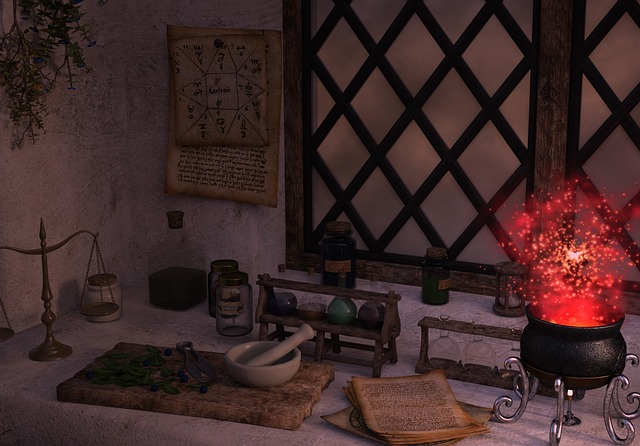Haiti, a country rich in culture and tradition, is widely known for its practice of Voodoo. While often misunderstood and misrepresented, Voodoo is an integral part of Haitian life, with Voodoo priests and priestesses playing a significant role in the community. In this article, we will delve into the world of Haitian Voodoo priests, exploring their beliefs, rituals, and the importance of their role within their society.
The Role of a Voodoo Priest:
A Voodoo priest, also known as a Houngan, is a revered figure within the Haitian community. Responsible for leading religious ceremonies and conducting rituals, their role extends beyond just the spiritual realm. They also act as healers, counselors, and intermediaries between the human and the divine.
The Initiation Process:
To become a Voodoo priest, one must go through an initiation process that is elaborate and rigorous. Aspiring priests must demonstrate a deep understanding of Voodoo beliefs, practices, and rituals. They also undergo tests of endurance and strength, as well as intense psychological challenges. The initiation process can take months or even years to complete, with a final ceremony marking the official transition from neophyte to priest.
Secrets of the Loa:
Central to the practice of Voodoo are the Loa, deities or spirits that serve as intermediaries between humans and the divine. Voodoo priests possess the knowledge and ability to communicate with these powerful entities. During ceremonies, the priest channels the Loa, allowing them to possess their bodies and communicate with the worshippers. This connection enables the priest to provide guidance, healing, and protection to those seeking their assistance.
Rituals and Ceremonies:
Voodoo ceremonies are vibrant and immersive experiences, filled with drumming, dancing, and chanting. These rituals serve as a way to honor and communicate with the spirits. Devotees often seek the guidance of the Voodoo priest during these ceremonies, as the priest acts as a mediator between the physical and spiritual worlds. The priest’s knowledge and expertise are crucial in ensuring the success of the rituals and protecting the community from malevolent spirits.
The Importance of Ancestors:
In Haitian Voodoo, ancestors hold a special place of reverence. Ancestral spirits, known as Gede, are believed to possess profound knowledge and power. Voodoo priests play a crucial role in maintaining a connection with the ancestors and seeking their guidance when needed. They conduct ceremonies and rituals specifically dedicated to honoring and communicating with the spirits of the departed.
Healing and Herbal Remedies:
Voodoo priests are also known for their healing abilities. Traditionally, Haitians turn to Voodoo priests for medical assistance and herbal remedies. The priests possess extensive knowledge of the healing properties of various plants and minerals, and they use this wisdom to treat a wide range of ailments. By utilizing their knowledge of the spiritual and natural world, Voodoo priests offer a holistic approach to healing.
Misconceptions and Stereotypes:
Unfortunately, Voodoo has often been misunderstood and misrepresented, leading to various misconceptions and stereotypes. Hollywood movies and sensationalist media have portrayed Voodoo as dark and sinister, associating it with black magic and evil intentions. In reality, Voodoo is a complex and nuanced religion focused on healing, protection, and spiritual growth. Voodoo priests are not practitioners of black magic but are respected members of their communities.
Conclusion:
Haitian Voodoo priests play a vital role in preserving and practicing the traditions and beliefs of their ancestors. They serve as spiritual leaders, healers, and mediators between humans and the divine. Through rituals, ceremonies, and the guidance they offer, Voodoo priests bring a sense of unity, healing, and protection to their communities. Despite the misconceptions and stereotypes, the work of Voodoo priests continues to play an integral role in the fabric of Haitian society, keeping alive the rich cultural heritage of their people.

